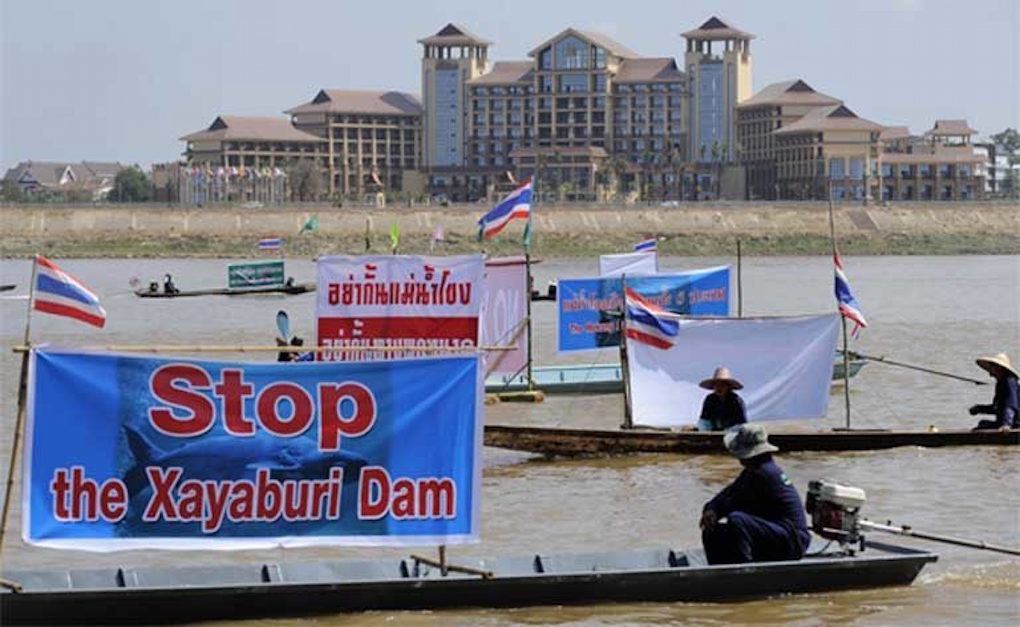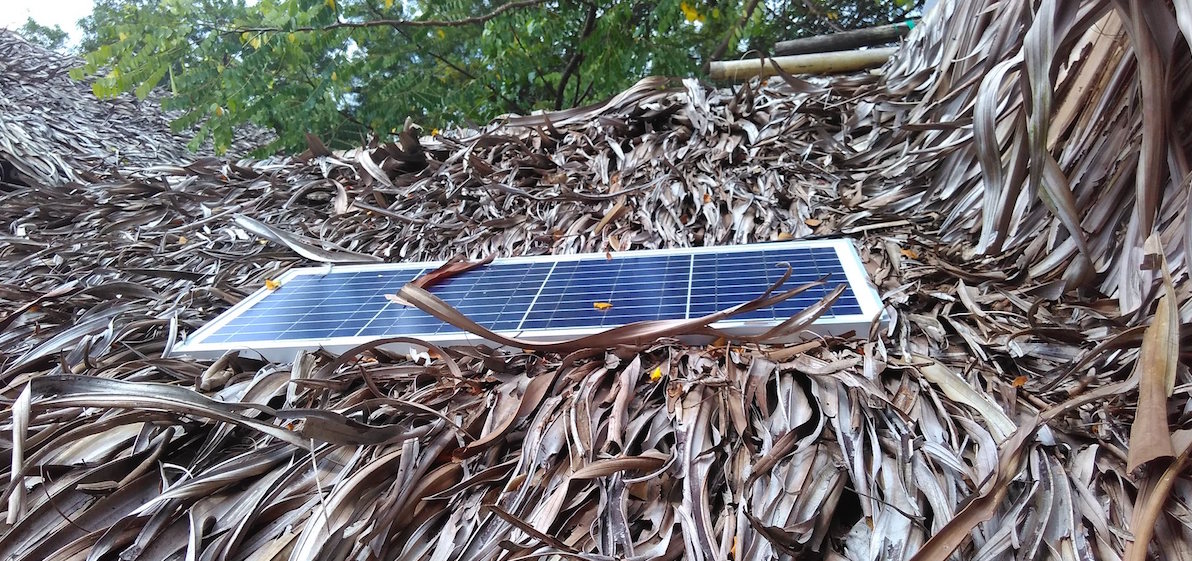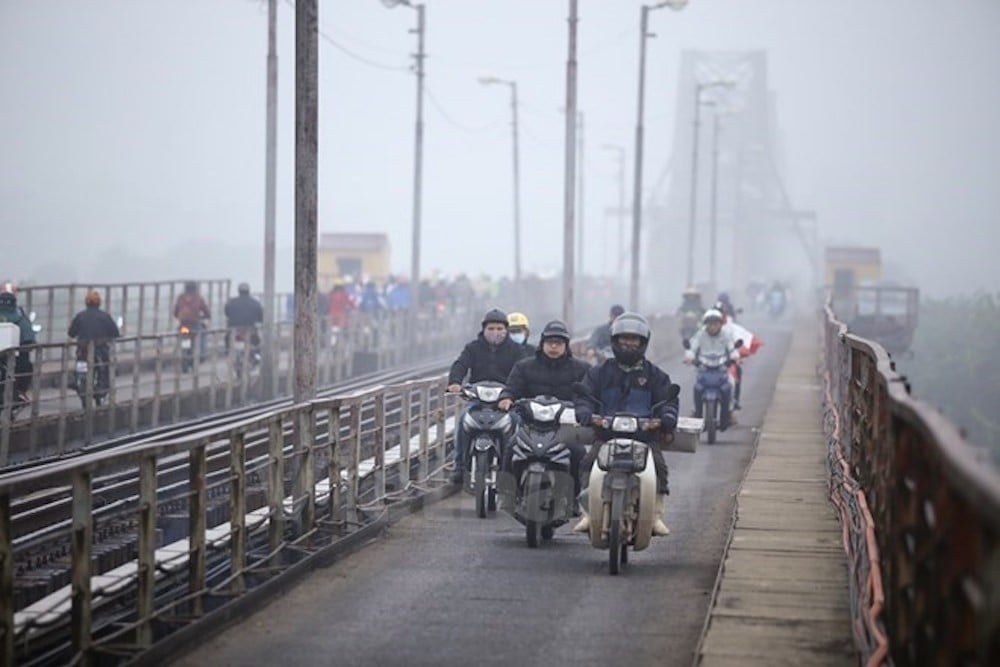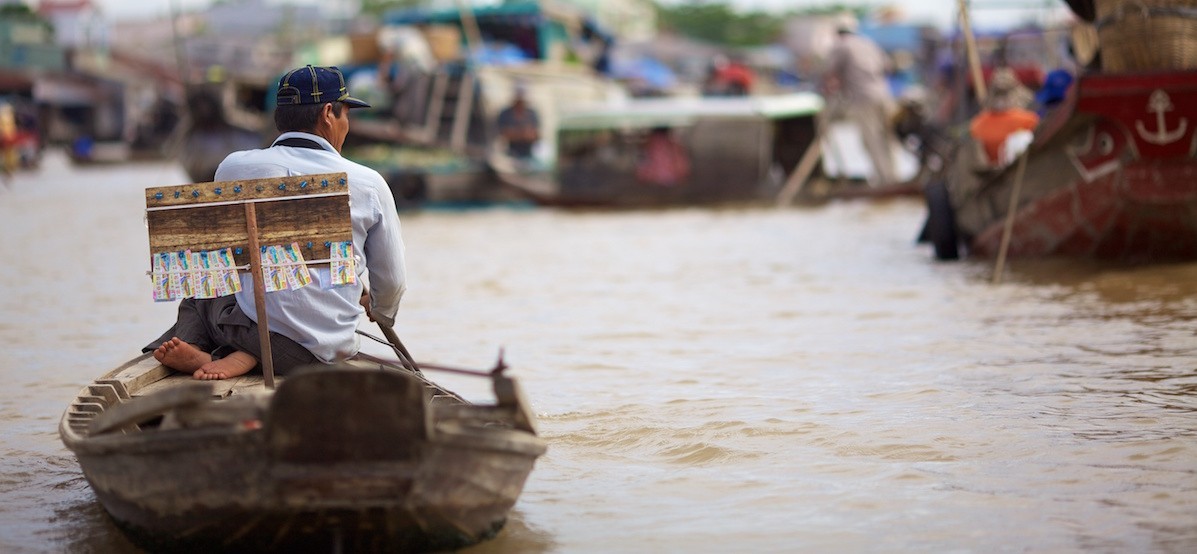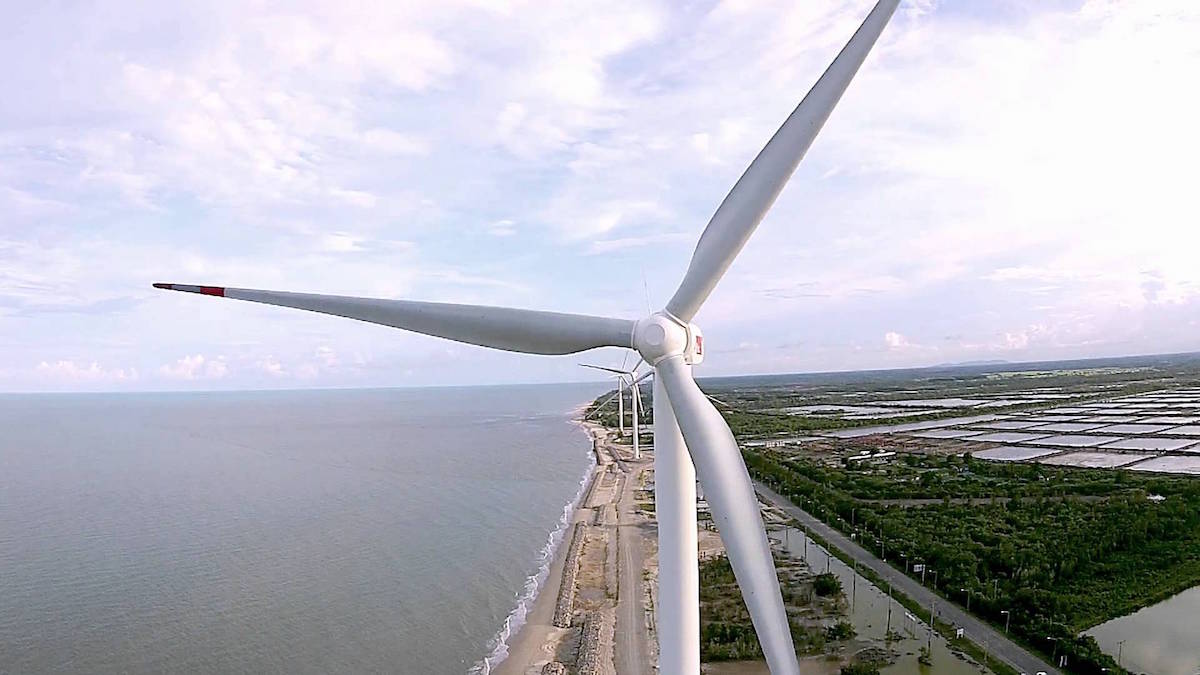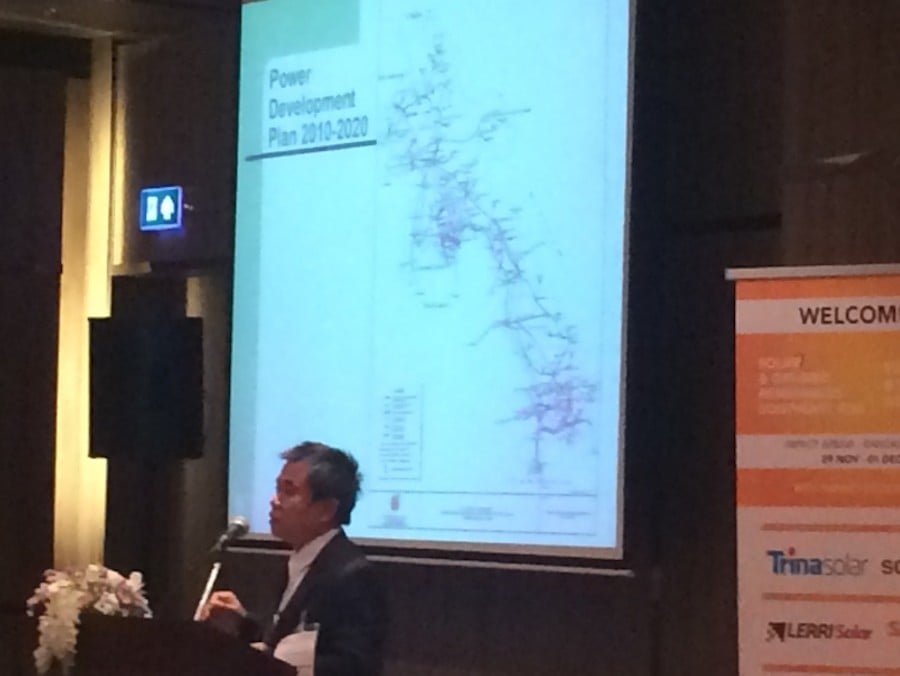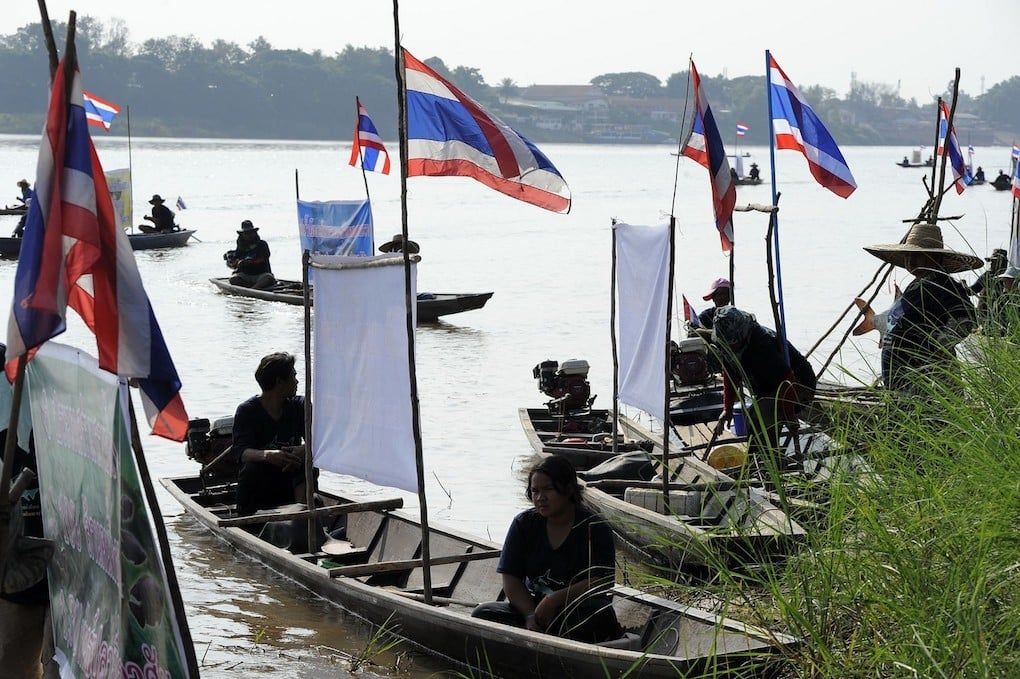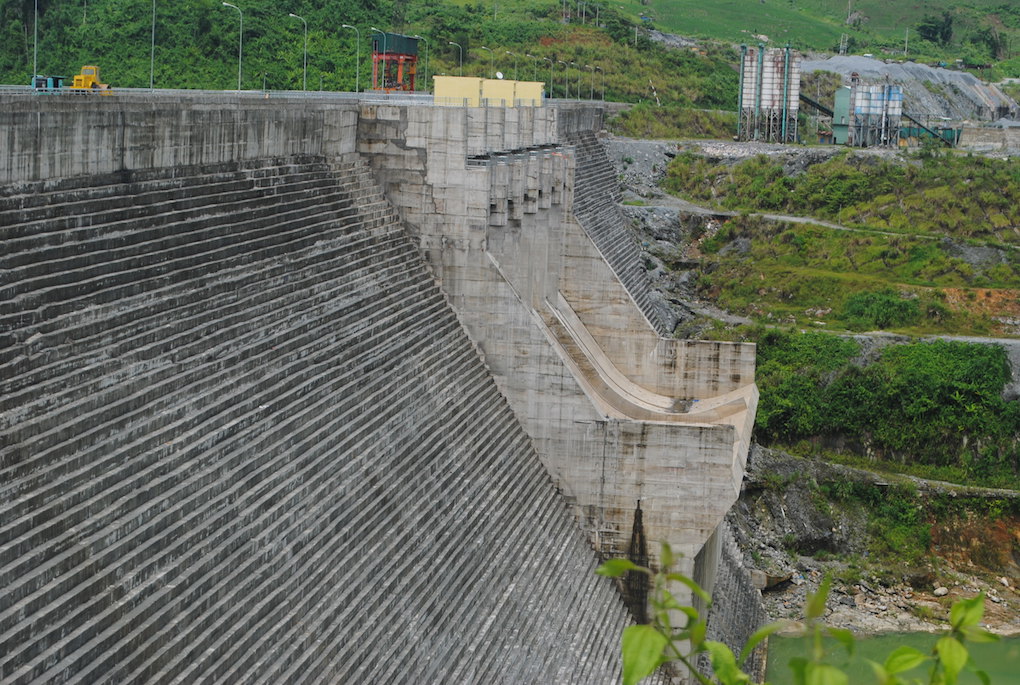“Water is liquid capital” proclaims the lead-out of World Wide Fund for Nature’s new report “The Role of the Mekong in the Economy.” Released earlier this month at the 2016 Mekong Forum on Water, Food and Energy, the report’s findings stress that despite the Mekong’s central role to the economies of countries in the Lower Mekong Basin, river management decisions are not being coordinated with long term economic development, nor planning efforts. Unless decision makers start considering the connections between water choices and economic development, the region’s prosperity seems destined for trouble.
Tag: investment
The media megaphone: does it help curb bad infrastructure projects?
We live today in the most explosive era of infrastructure development in human history. By mid-century the unprecedented rate of highway, dam, mine and power plant construction; along with city growth, will girdle the globe in concrete. Arguably, that burst of activity will improve the lives of millions. But it is also coming at a terrible cost to the natural world, as we lose the rainforests, estuaries, wetlands, wildlife and indigenous people of our planet.
Off-grid solar to help Myanmar bring electricity to all by 2030
Four feet in length, of aggressive disposition, and deadly poisonous: you don’t want to stand on a Russell’s viper in the dark. Especially if there’s no antivenom for miles around. Yet that’s the daily predicament facing millions of villagers in Myanmar, where snakebites cause about 500 deaths every year.
In Yin Ma Chaung, a rural settlement about nine hours by car from Yangon, villagers can rest easier knowing there are doses of antivenom chilling securely in a new refrigerator in the village’s community centre, powered by solar.
New Mekong pact to boost capitals’ connectivity
A major expansion of economic-corridor networks and new areas for economic investment valued at US$32.6 billion (Bt1.2 trillion) will strengthen links between the capital cities of Mekong countries, according to the agreement revealed at the 21st Greater Mekong Subregion (GMS) Ministerial Conference in Chiang Rai province yesterday.
Moving beyond the Myitsone dam dilemma
Amid a wave of popular protest, construction on the Chinese-backed project was halted by the Thein Sein government in 2011. Daw Aung San Suu Kyi’s assurances in August that there will be a solution to the stalled dam may be welcome news in Beijing.
VN green energy gets strong tail wind
Việt Nam is hoping to boost its renewable energy production, especially wind and solar energy, to more than 10.7 per cent of total generation by 2030, up from the previously planned 6 per cent.
It plans to increase the rate to at least 7 per cent by 2020, up from the previous target of 4.5 per cent.
The country now relies heavily on electricity from coal and hydropower.
Solar progress in Laos hindered by hydro focus
Household solar systems have taken hold in Laos, but PV deployment on a grand-scale is being held back by a focus on hydropower, according to delegates at the Solar & Off-Grid Renewables Southeast Asia Event in Bangkok.
ASEAN insurance role in infrastructure financing
Insurance, known for its long-term nature, plays an essential role in supporting and sustaining economic growth in the ASEAN region. Beyond the traditional protection products, the insurance industry provides capital with a long-term investment horizon and generates opportunities for public-private partnerships in infrastructure projects that are instrumental to economic growth.
Xayaburi dam: ‘Testing ground for untried technologies’
“I miss the Mekong.” A sad smile flickered across the face of Thongkham Phalibai, a mother of two and owner of a grocery store in Luang Prabang.
“I was living by the river for so long, earning money from gold panning and farming. But I can’t go back there anymore. I don’t know where my old house used to be.”
It has been four years since Thongkham left a simple life in her old village of Pak Neun for a new one in Neunsavang, a remote village 80 kilometres south of Luang Prabang. She was among the 2,986 villagers who were forced to resettle because their homes either sat on the location of the controversial Xayaburi dam or were in areas that will be flooded.
Vietnam reduces number of hydropower plants in its Power Development Plan 7
Vietnam’s Ministry of Industry and Trade (MOIT) today said it will remove 471 small and cascade hydropower plants from its Power Development Plan 7 (PDP 7) that would have had a combined installed capacity of 2,059 MW. MOIT also rejected another 213 potential projects because of environmental and efficiency concerns, according to locally published reports.



